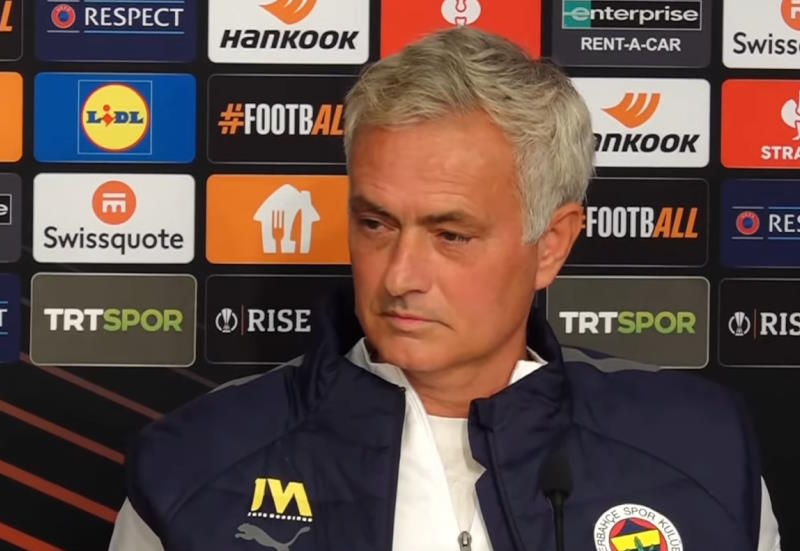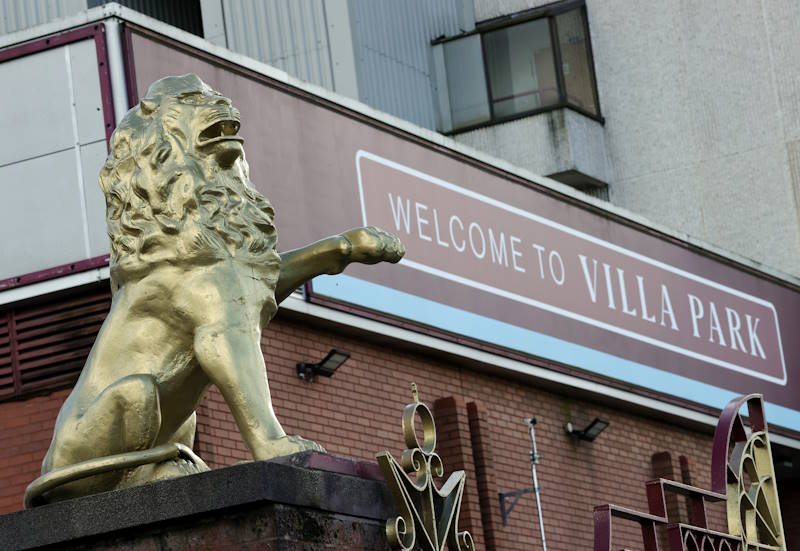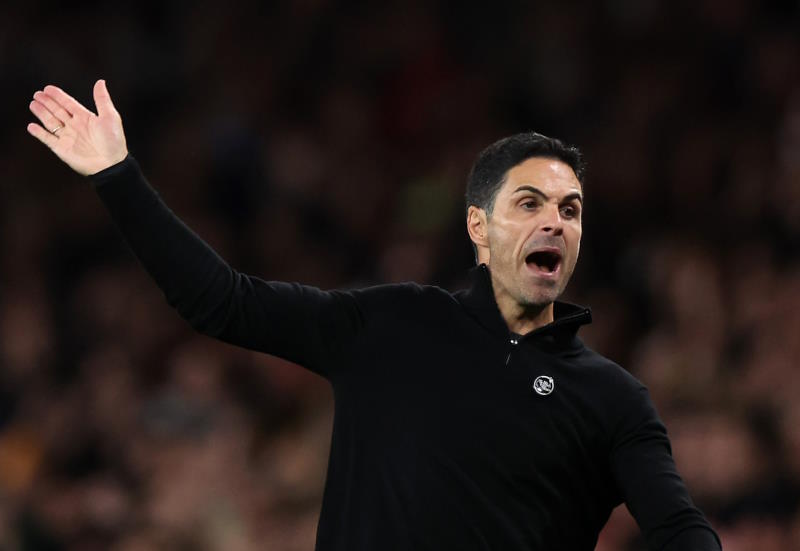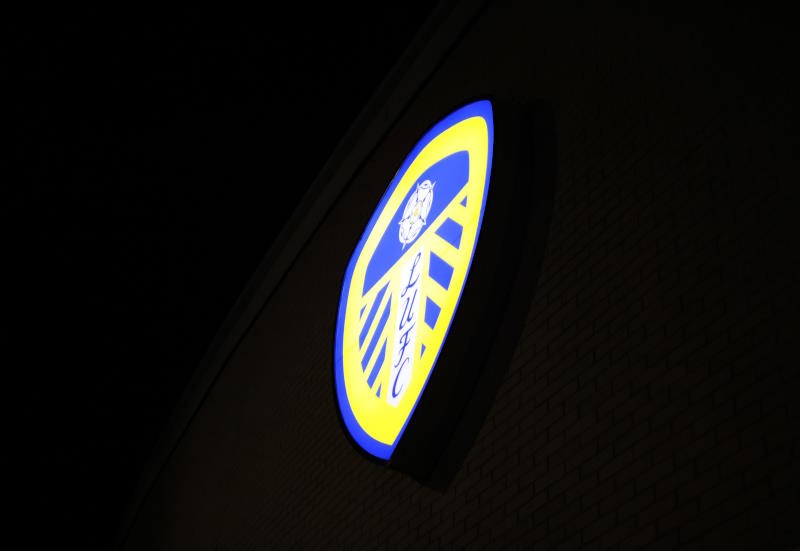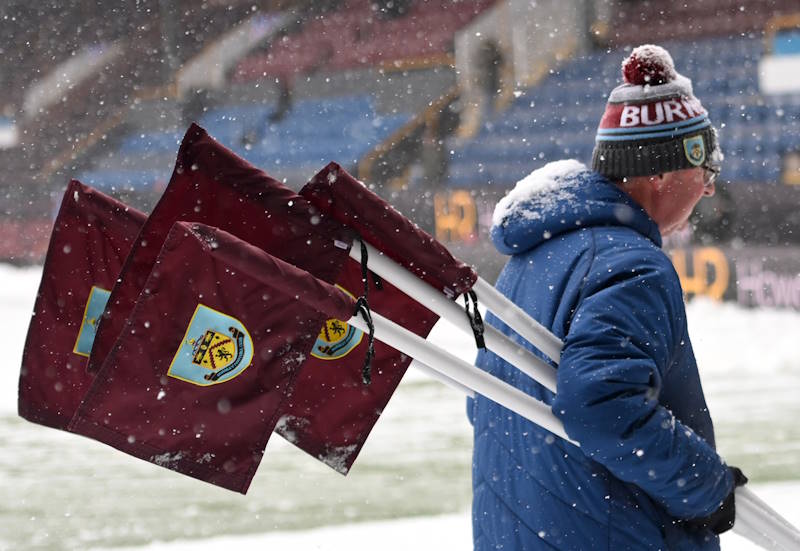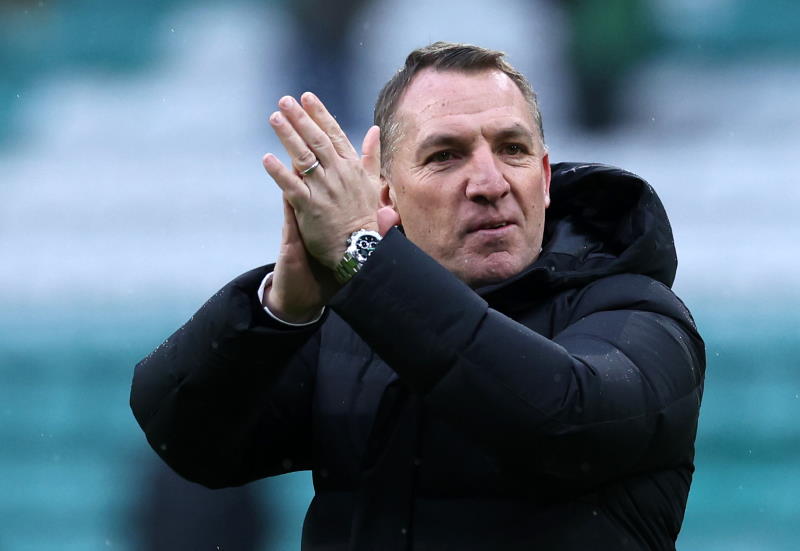Rhydian Howell-Morris
Around a month ago I wrote an article covering the state of the Argentine national team, mainly covering their problematic qualification campaign for the 2010 World Cup in the South American section. I indicated a dramatic change would ensue should the performances and results continue to fail to meet the expectations of a nation with one of the World’s most talented collection of players. Shortly after, following a 1-0 defeat to Chile in Santiago, a dramatic change came, as then manager “Coco” Basile departed through resignation.
The Argentine FA’s (AFA) search for the successor reportedly included Argentina’s premium managers in: Carlos Bianchi, the most successful manager of the last decade in Argentine football, having won seven league titles and a host of international club titles; Miguel Angel Russo, manager of high flying San Lorenzo and winner of the Copa Libertadores in 2007 as manager of Boca Juniors; Diego Simeone, who has won two league titles as manager with Estudiantes LP and last season with River Plate; and the man who guided the Olympics team to gold medal victory this year, Sergio Batista. Diego Maradona also forced himself into the reckoning, declaring himself “in his best moment”. During the search for a successor, Maradona affirmed “Maybe I’m last in the [AFA] voting, but I’m definitely first in the heart of Argentinians”.
Ultimately, Diego Maradona was surprisingly handed the post in October, over the other candidates with better managerial CVs. Maradona’s appointment was accompanied by Carlos Bilardo as General Manager, who left his position as Secretary of Sports Buenos Aires, reuniting the legendary Maradona-Bilardo duo that won Argentina the World Cup in 1986, reached the World Cup final 1990, and worked together again at Sevilla and later Boca Juniors.
One prevailing view is that Maradona will provide great passion and motivation for the players to perform at their best, with his iconic status alone an inspiration in the dressing room due to his achievements as a player as well as constant public presence and support for the national team. In particular, key players that he has often praised, such as Javier Mascherano first and foremost (already announcing his desire to make him captain), Carlos Tevez and Sergio Agüero should instantly be filled with confidence. The exception to this applies to Argentina’s best player Lionel Messi, who Maradona has publicly criticised on several occasions as being too individual.
On the other hand, the disapproving view is that he is not a thinker, too susceptible to his impulses, very inexperienced and possibly still emotionally and physically vulnerable for such a demanding role; despite his claims of being in “very good spirit”. Maradona is known to have an excessive personality, having suffered obesity and his well documented addictions to drugs and more recently alcohol. In 2004, he suffered a reported heart-attack due to bad health and his own family had initiated legal restrictions on his actions, requiring their consent. Maradona’s obesity was at its worst in 2005 when he had to undergo a gastric bypass operation to control his weight and was given a strict diet.
After improvements in his health, Maradona became more productive towards the end of 2005, presenting a successful Argentine celebrity interview show, which famously featured Cuban leader Fidel Castro. He has taken a political interest, giving his support publically on a number of issues including for Fidel Castro’s leadership. He performed a role for Boca Juniors between 2005 and 2006, as Vice President Advisor of Football, which included his involvement in the appointment of Alfio Basile as manager during a successful period for the club. However, in 2007 he was admitted to hospital for treatment of alcohol abuse, resurrecting his excessive demons and he so far still doesn’t have any credible experience in football management.
The appointment of Bilardo provides the much needed managerial guidance Maradona obviously lacks and this is seen as a partnership that can work better than either of the two taking the role alone (Maradona’s energetic enthusiasm and connection with the majority of current players can fill some of that which is fading in Bilardo).
It seems Bilardo has already helped to calm Maradona’s impulsiveness, as he faced his first off-the-field problem since his appointment, having a widely reported disagreement with the President of the AFA, Julio Grondona. Grondona has rejected Maradona’s wish to make former Mexico 1986 team mate Oscar Ruggeri his assistant (Ruggeri has been critical of Grondona, including stating last year that Grondona should resign and “go home”), and Maradona reportedly considered quitting due to this. Bilardo commented that “I have spoken to Diego and told him he has to go slowly. There are 500 people he can choose to assist him". Maradona has also denied his intention to quit over the matter.
It seems it could be a rollercoaster ride off-the-field with Maradona at the helm and we are guaranteed passion and a response from the players if he is in the job for sometime, which is more likely to last with the trusted presence of Bilardo.




